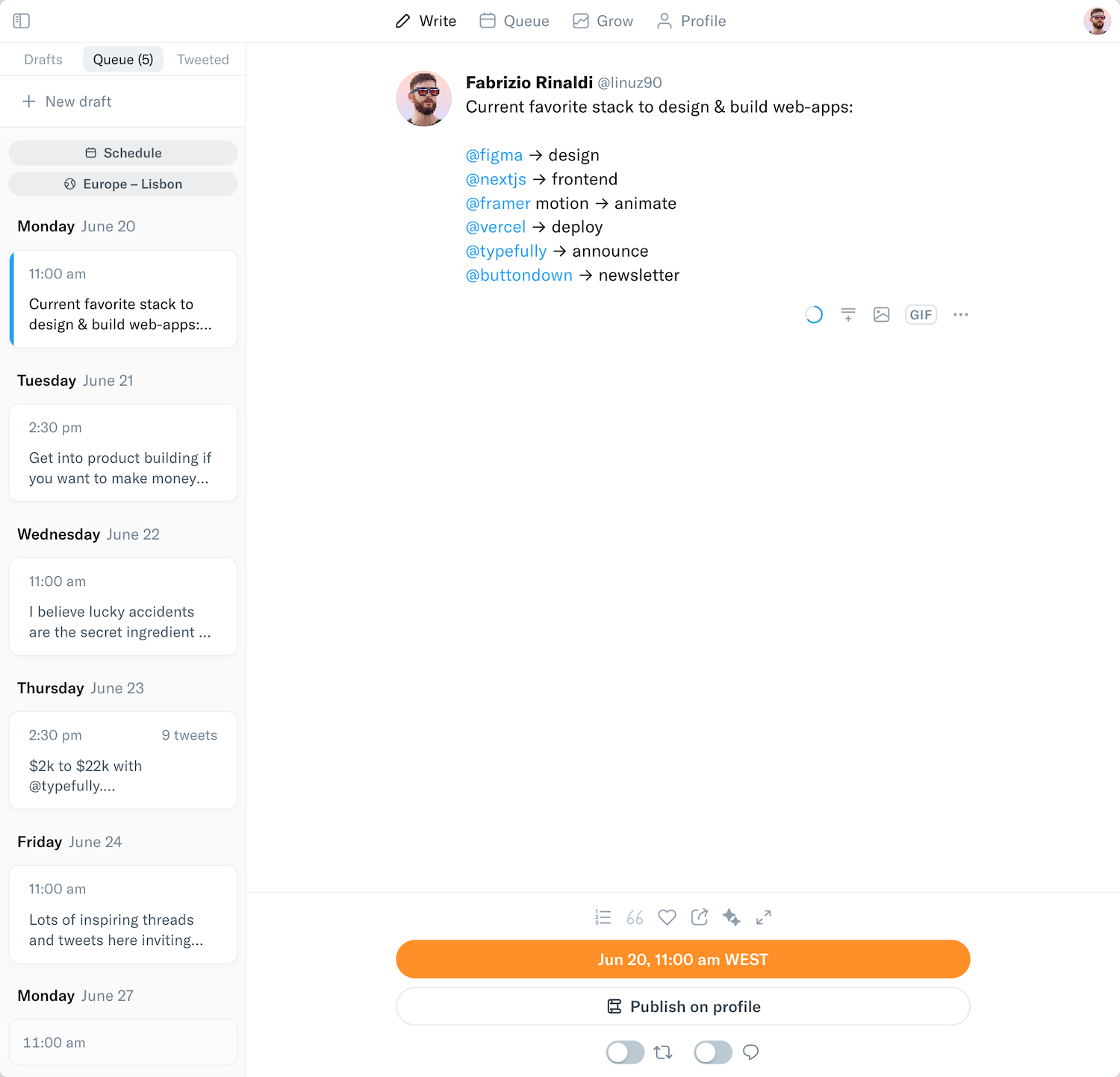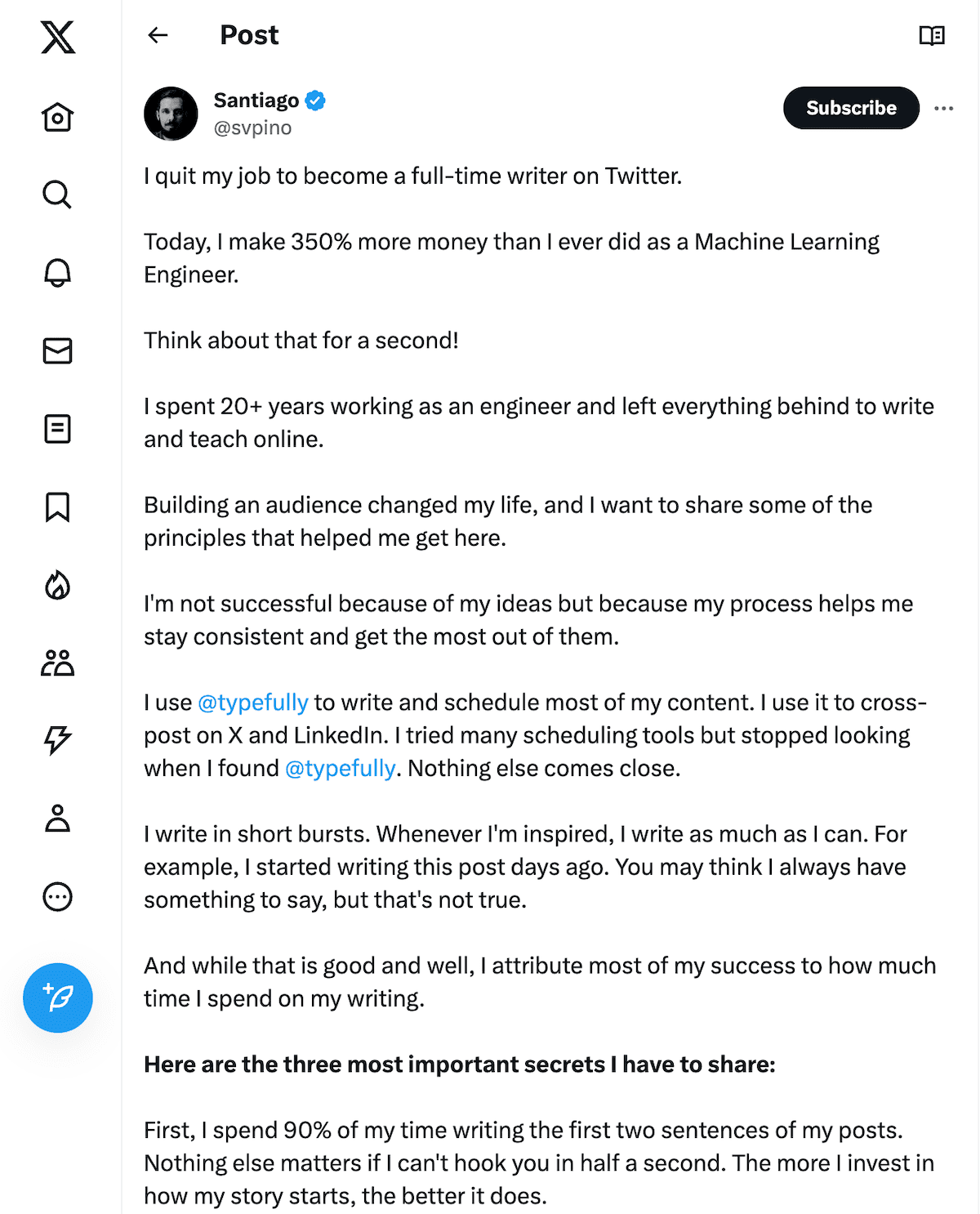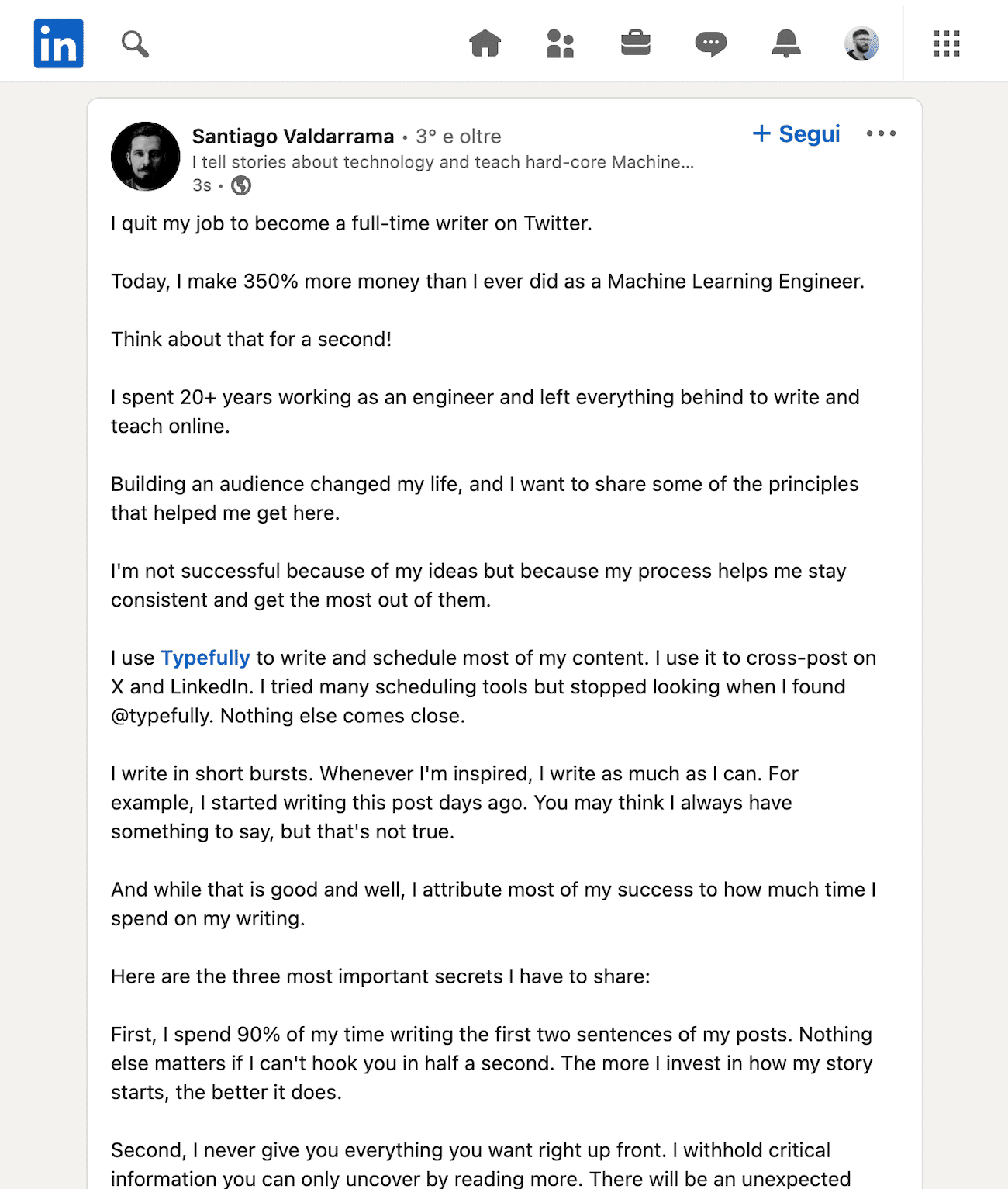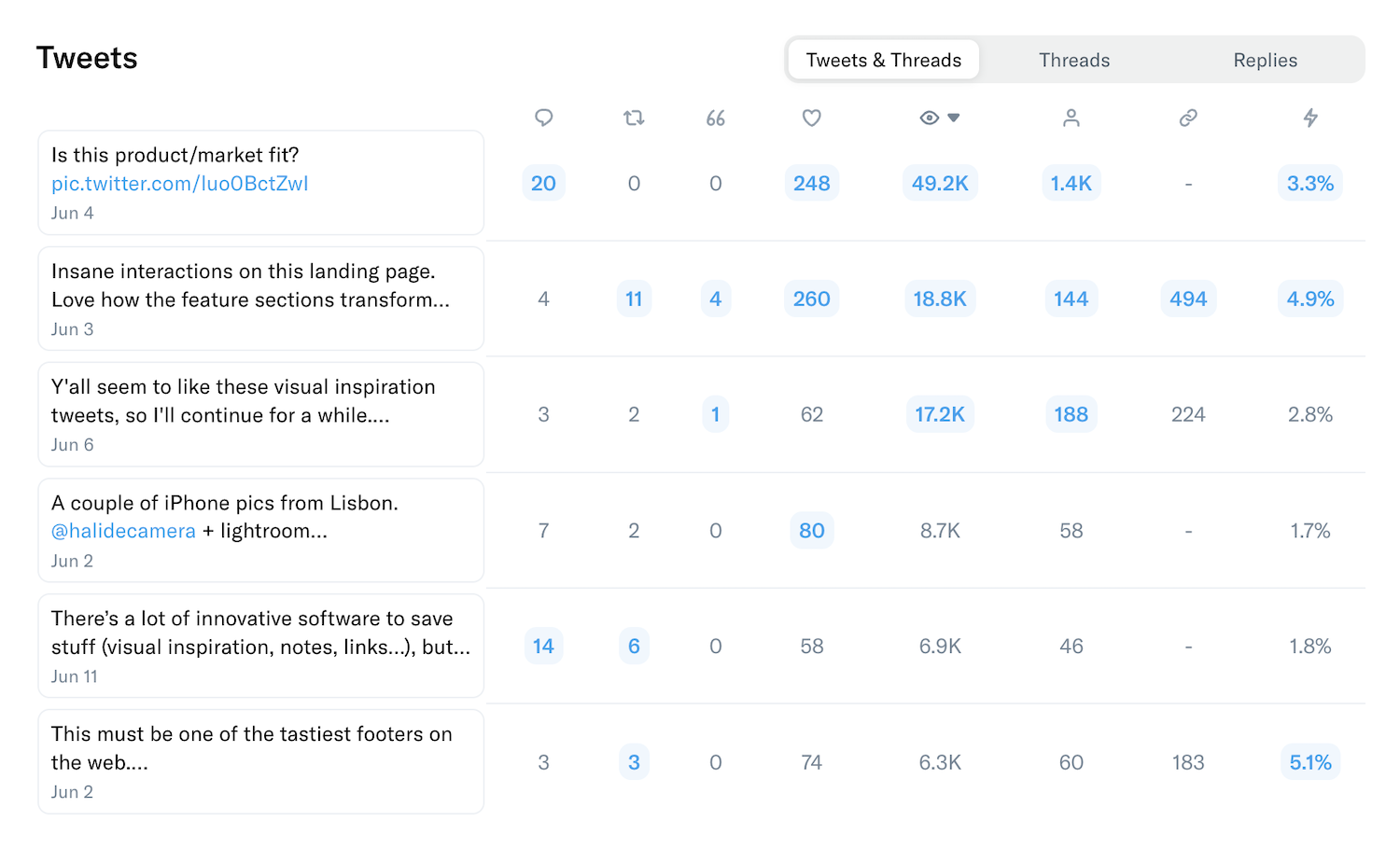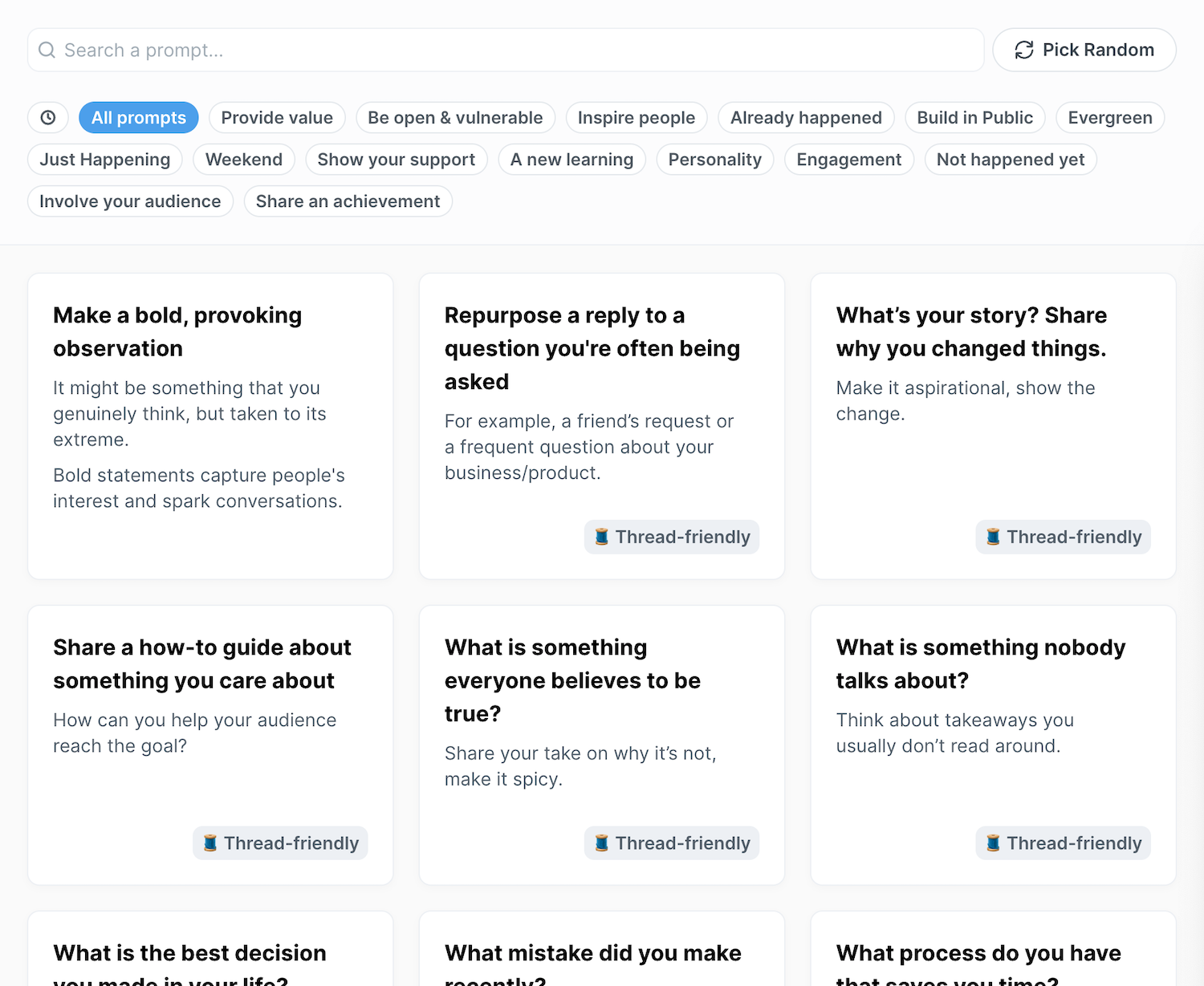18 ways Business Brokers / Sellers will overvalue / inflate the asking price on their SMB business listings for sale.
Thread 🧵
1) Weighting. Probably the most common and most deceptive is weighting the valuation entirely on the most-recent, best-year-ever. This can be appropriate if it's still growing the next year and sustainable, but often it's an outlier. More thoughts here: twitter.com/ClintFiore/status/1503717345860022273
2) Inappropriate SDE Addbacks. The most well-known and most complained about. Addbacks aren't a dirty word- they're fine. But they must be provable/documented, legal, on the tax returns, and clearly an owner-benefit that won't be necessary for you the Buyer going forward.
2B) The problem here is when sellers and broker get all loosy-goosy on them. For instance, if you see an addback for "Fuel Expense", and it's just an owner ballparking how much of the $15K of fuel was for their personal vehicles and it's not something they tell the IRS... no.
3) Inappropriate Normalization Adjustments. Another addback variation is adding large expenses that were "one time". Which can be fine if done properly. But the $20K of new paint or fixtures still have to be re-done periodically by the Buyer and Buyers have stuff like that too.
3B) I recommend you look hard at these and ask if that truly won't apply to you, and was that addback truly discretionary or one-time in nature? If it's a periodic thing, say $30K but happens every 10 years, take $3K/year budget for it into your projections. (cuz broker didn't)
3C) "Bad Debt" is a common one. If it's one crazy story, one time, maybe... but if it's a cumulative amount that gets periodically written off, it's not an addback, it's a cost of doing business in that company. You are buying that problem and shouldn't have to pay extra to.
4) Lack of Rent Adjustment. Huge landmines here often overlooked. Rents are going up everywhere. If you have to pay higher rent at purchase, broker should show that and negatively adjust the recast to reflect current earnings power. But they usually don't account for this.
4B) Especially important on owner-occupied to make sure broker is not "double counting" to ⬆️ value that includes RE. Sometimes Seller has a sweetheart deal with themselves on biz rent which inflates SDE. Then they value the RE at Market Rent overinflating that side. Must match!
5) Too high of a multiple. Pretty straightforward. Many brokers choose the 75th percentile or a way-above median multiple to hit the asking price # the Seller wants. Every Seller thinks their biz is "special". If above average on multiple it should be justifiable as to why.
5B) A higher multiple can be justified if, compared to its industry peers, it's got more recurring revenue, higher margins, higher growth rate, or some special advantage that conveys to you... but if none of those are present, a premium multiple is likely inappropriate.
6) Applying EBITDA multiples to what's really SDE. OMG where to begin on this one... must thoroughly understand the difference between these. But a common trick is brokers calling SDE EBITDA and using a higher EBITDA multiple. Read this rant for more: twitter.com/ClintFiore/status/1491603802520113152
7) Not accounting for rising interest rates. Newer one, but sometimes brokers will model out the ROI for you or Debt Coverage Ratio for you to justify their asking prices, but they aren't accounting for debt being more expensive than it was even a few months ago. Check for this.
8) Valuing projections, pro forma, DCF approaches. This one makes me lol, but I do see it often. Going all-in on valuing what the Seller says this year or next year "should" be in earnings, or a forward-looking DCF valuation. All of these aren't applicable to Main Steet <5M deals
8B) Usually business brokers value based on historical financials. So, often when I see this, it's the Seller's well-meaning CPA or Investment Banker or MBA friend that valued their small business for them using methodologies of large middle market or public companies.
9) Owner works more than full time. If owner works more than 40 hours per week, their entire pay should not be an addback. SDE is one full time working owner, at 40 hours per week. If they work 70 hours, best way is addback their pay then subtract someone at market pay for the 30
10) Multiple working owners. Same as point 9 above. Only the highest-paid, one owner should be added back to SDE. The others should be adjusted to a market compensation. Buyer shouldn't have to fill multiple spots from SDE.
11) Family members working free/cheap. This can cut both ways. Sometimes you see addbacks for $50K for the college kid that's the "social media manager" (not working) But sometimes their teen does rock social for them and gets paid off the books. Underpaid family does not convey!
12) COGS Shenanigans. Supply chain has been rekt last few years. Look hard at COGS. Make sure you can get stuff now at same prices Sellers could historically which the valuation is based off of. Restaurants getting margins squeezed right now with rising food costs for example.
13) Other Seller advantages that don't convey. These are hard to detect from the presentation. Most common is Seller's Personal Goodwill that can't convey to you. Ex: They're President of an association for 30 years and get referred heavily because of that position you won't have
14) Exclusions from Asset List. Most deals go down as asset sales. Look at what's excluded and make sure there's nothing on there that might directly or indirectly help the biz make money. Is racecar truly owner's toy or does it get them a lot of attention and business at track?
15) Last Year Victory Lap. Super important one. When you see a hockey stick up in earnings, make sure it's sustainable. Often it's the owner knowing they're about to sell and gaming their last year every which way. Pulling in future revenue, clearing out old inventory, etc.
16) Stimmies. PPP, EIDL Grants, Retained Employee Tax Credits etc. can be hidden all over deals these last few years. Make sure they're properly accounted for and adjusted. Many brokers are missing these if the bookkeeper is putting them in the wrong places, etc.
17) Cherry Picking Comps. Especially in smaller niche industries without a lot of comps, if broker used comps for their multiple range, them removing some of the lower ones or leaving in a crazy high one can really skew the range. Run your own comps or ignore and focus on ROI.
18) Not accounting for CAPEX. Sellers always add back Depreciation but then rarely budget for equipment replacement. Huge one especially in deals that have trucks and heavy equipment. Also watch for deferred maintenance especially in last year before sale.
